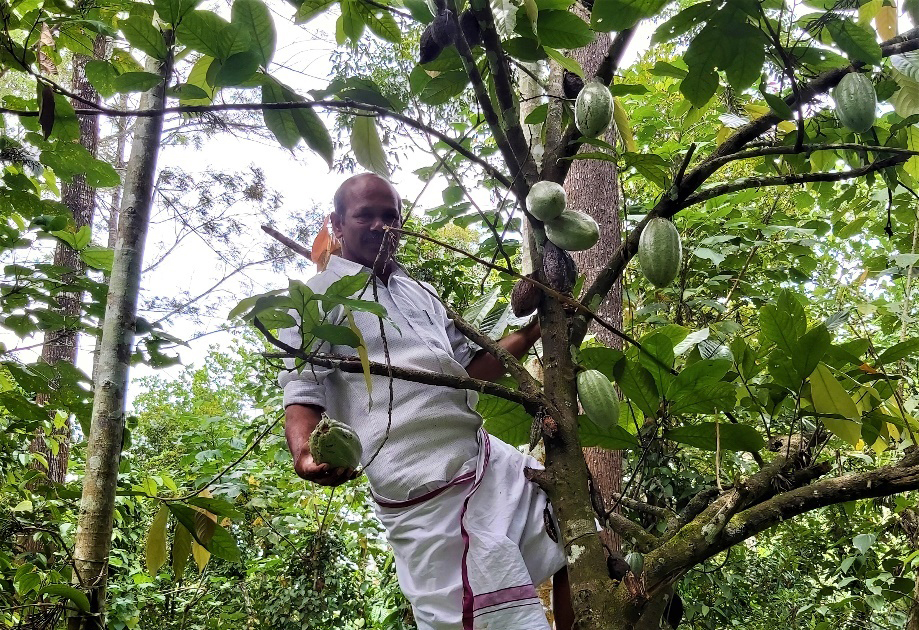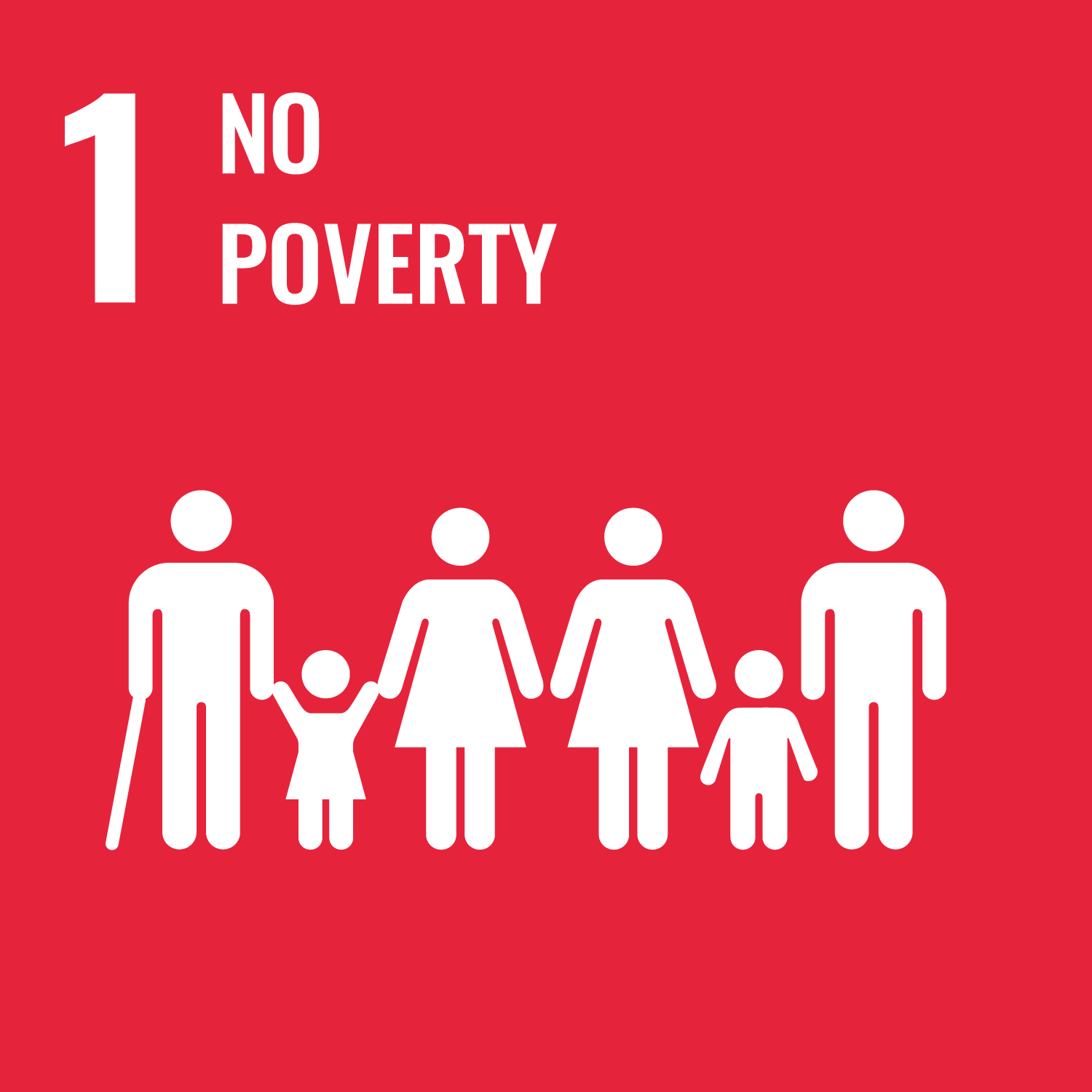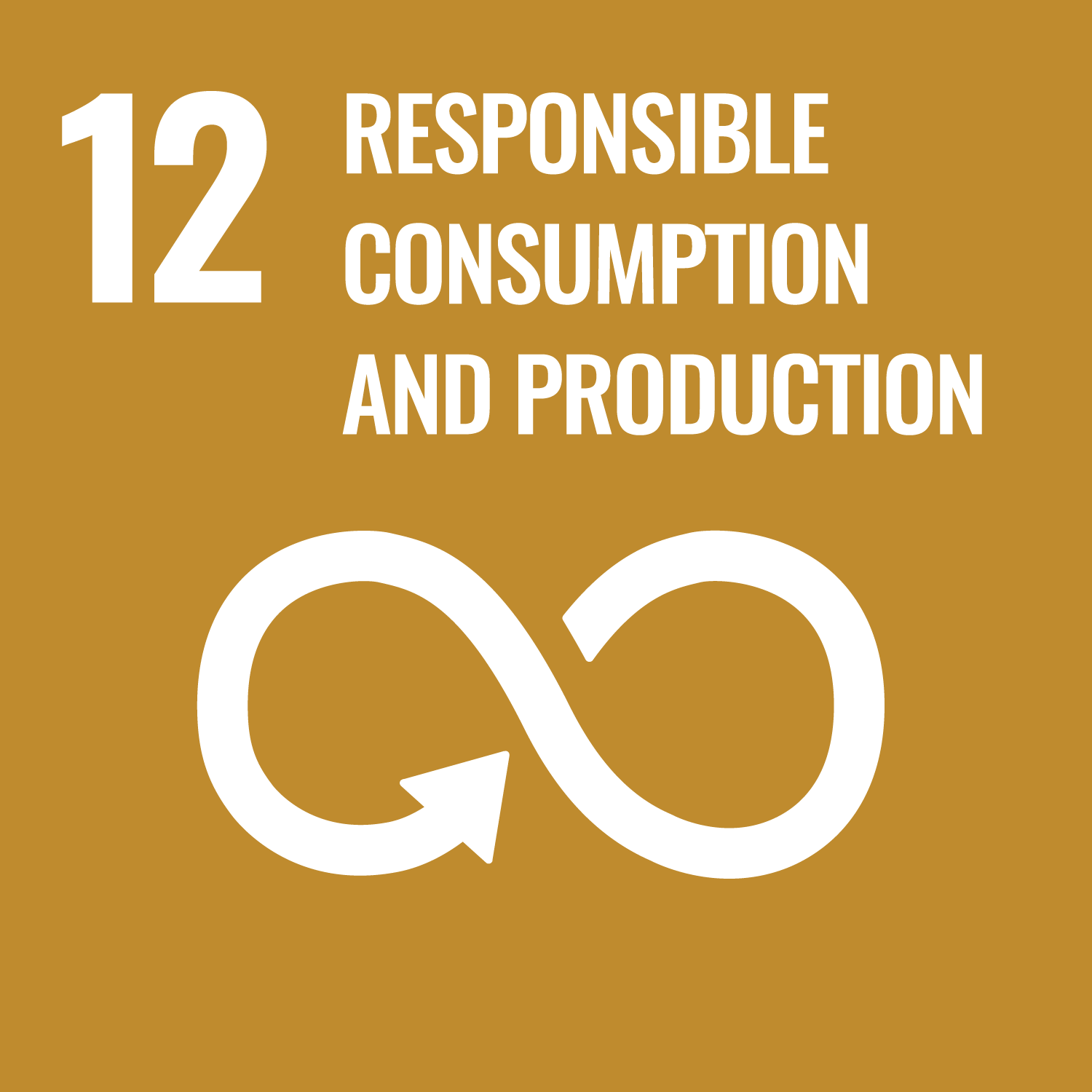Enhancement of Smallholder Spice Farmer’s Capacities in Sustainable Farming

OBJECTIVES
‘Enhancement of Smallholder Spice Farmer’s Capacities in Sustainable Farming’ aims to strengthen the production of cardamom, cumin, and turmeric in four states of India – Kerala, Tamil Nadu, Karnataka, Rajasthan – to increase the capacities of spice farmers to make production practices more economically, socially, and environmentally sustainable.
The project will support-
- Transfer of knowledge and expertise in innovative agricultural practices
- Promotion of sustainable and biodiversity-friendly spice production
- Engaging more women farmers in cultivation (core initiative) and post-harvest management practices (value-added initiatives)
- Prevention of environmental degradation
- Strengthening spices supply chain for sustainably and organically grown target spices
- Promotion of conservation of natural resources – soil, water, and nutrients
- Production of food-safe spices for consumers
The project is part of the develoPPP.de Programme implemented by GIZ on behalf of the German Federal Ministry for Economic Cooperation and Development (BMZ). The lead executing agency for this project is AVT McCormick. develop.PPP was set up by BMZ to involve the private sector in areas where business opportunities and development policy initiatives overlap.
DESCRIPTION
India has a long history of trading of spices and continues to be one of the world’s largest producers and exporters. Many valuable spices endemic to the Western Ghats of India contribute to the growth of the spice sector. The Western Ghats are amongst the world ́s most important Biodiversity Hotspots and one of the main areas for spice cultivation.
Spices provide a prime source of livelihood to millions of smallholder farmers in India. About 85 per cent of the spice production
in India is by small-scale farmers, who typically farm on less than two hectares of land and seasonally rotate spices with other crops. Presently, spice farmers face the challenges of uncertain pricing and adverse climatic situations. Overuse of fertilizers
for an extended period and inappropriate use of chemical pesticides has led to the spread and transmission of insect pests and diseases in many regions.
Sustainable spice production will strengthen the economic resilience of these farmers. By ensuring long-term demand of good quality, sustainably produced spices at a fair price, spice production will become a more attractive option for smallholder farmers, thus creating a continuous supply base of sustainably grown spices.
APPROACH/FIELD OF INTERVENTION
Capacity development programme targeting spice farmers over four years covering approx. 10,000 ha to be integrated in AVT McCormick’s supply chain in four states of India.
This approach will:
- Strengthen farmers skills on sustainable spice farming practices and agri-business management
- Introduce a sub-set of farmers to organic farming practices
- Build industry-wide capabilities around sustainable spice farming by providing buy-back arrangements and market access to the farming communities engaged in sustainable production of spices.
This will be achieved by implementing Farm Sustainability Assessment (FSA) certification under the Sustainable Agriculture Initiative (SAI) platform for sustainable spice production and subsequently National Programme for Organic Production (NPOP) certification for organic spice production. The FSA sustainability certification is widely recognised and accepted in Europe, as is the case with NPOP organic certification. Many other Sustainability certifications, such as Rainforest Alliance and Fair Trade are considered at par with the FSA silver level of certification.
TARGETED BENEFICIARIES
- To increase net income from certified spices by 20%
- To increase participation of women farmers to 40%
- To engage 50% women farmers in trainings
- To train 2000 farmers on sustainable spice farming practices and agri-business management
PUBLICATIONS
VIDEO
COUNTRY
India
DURATION
Dec 2020 - Dec 2024
Commission Agency
BMZ
SDG




